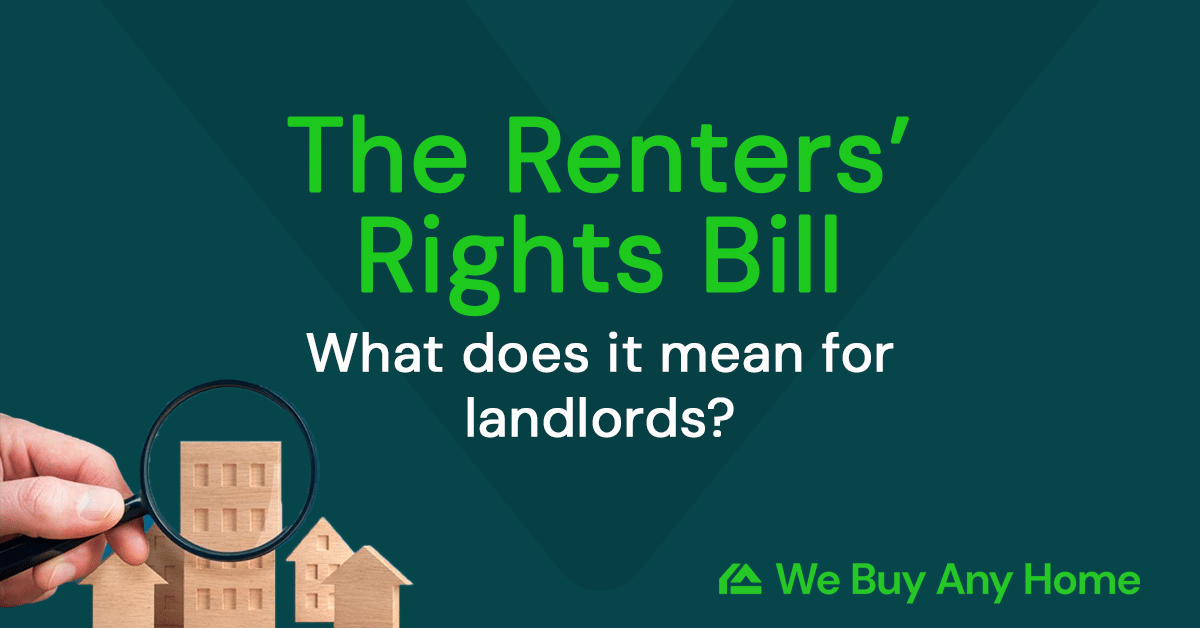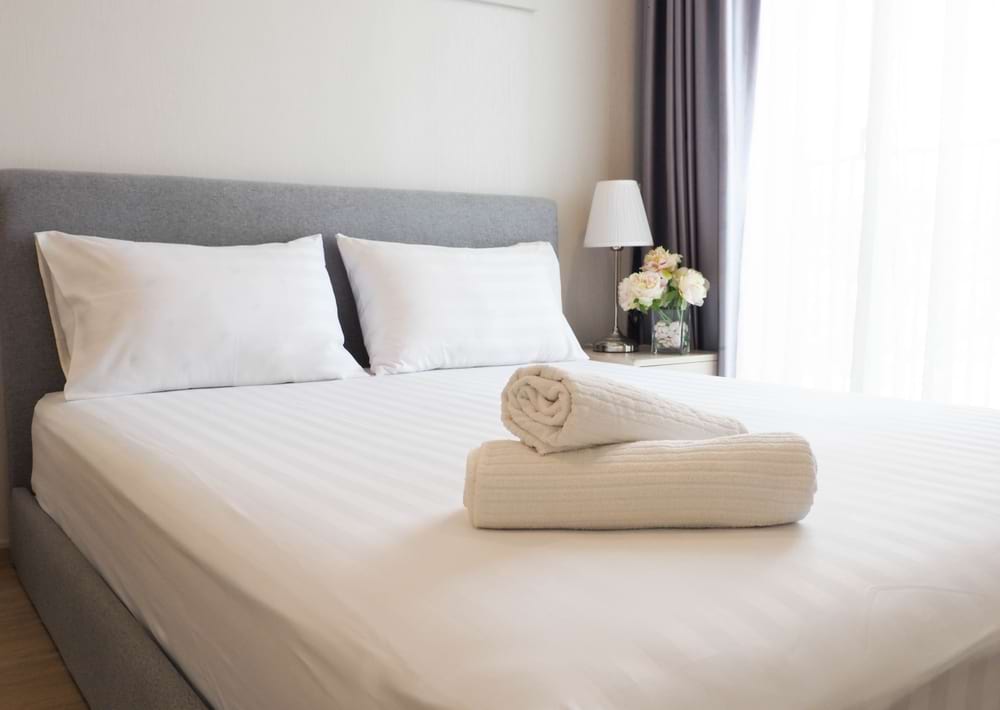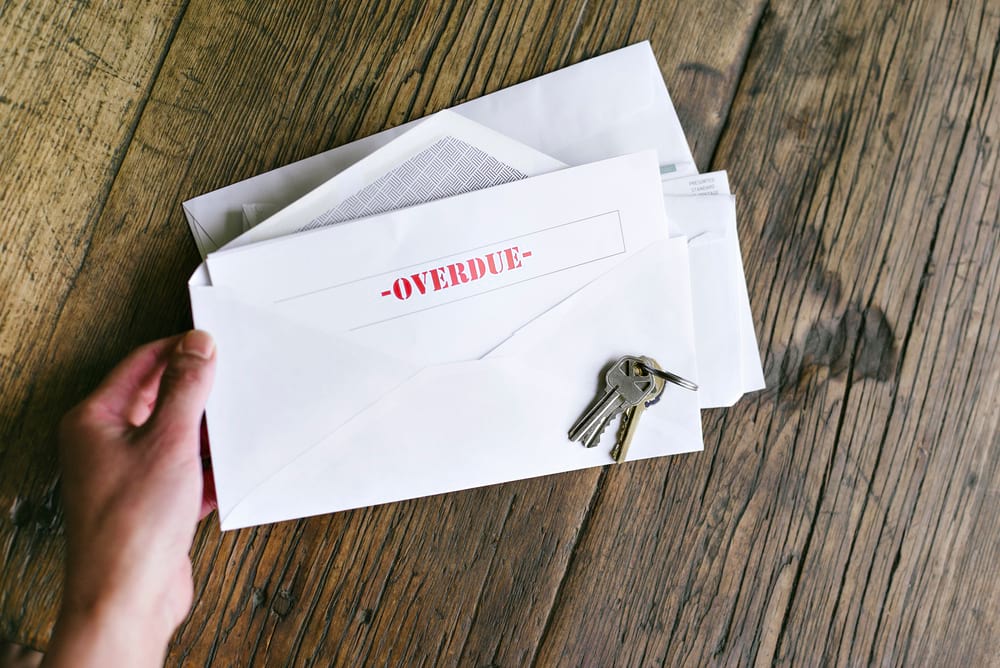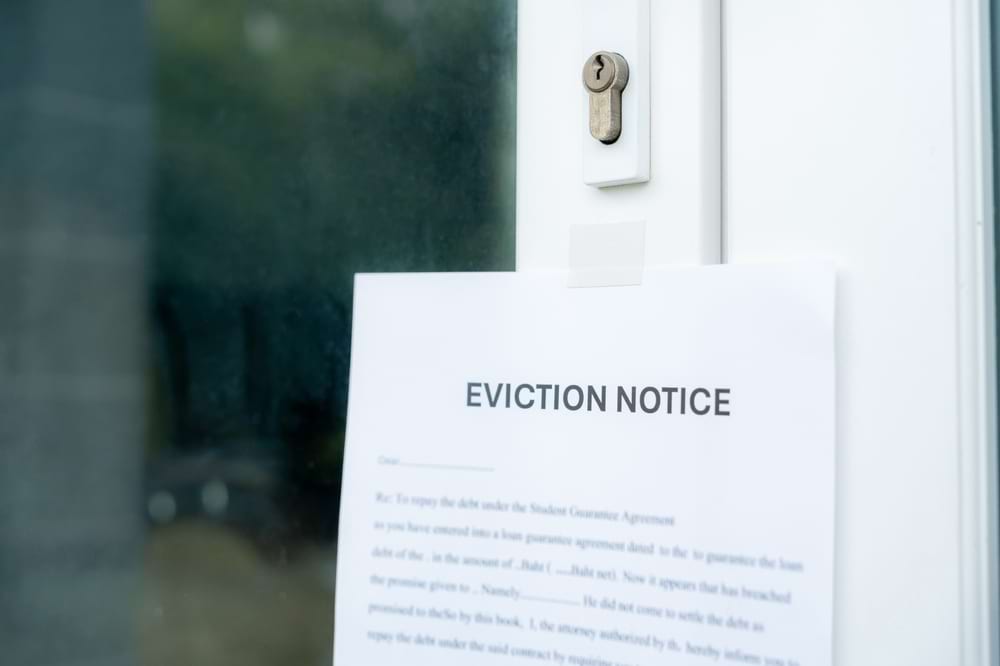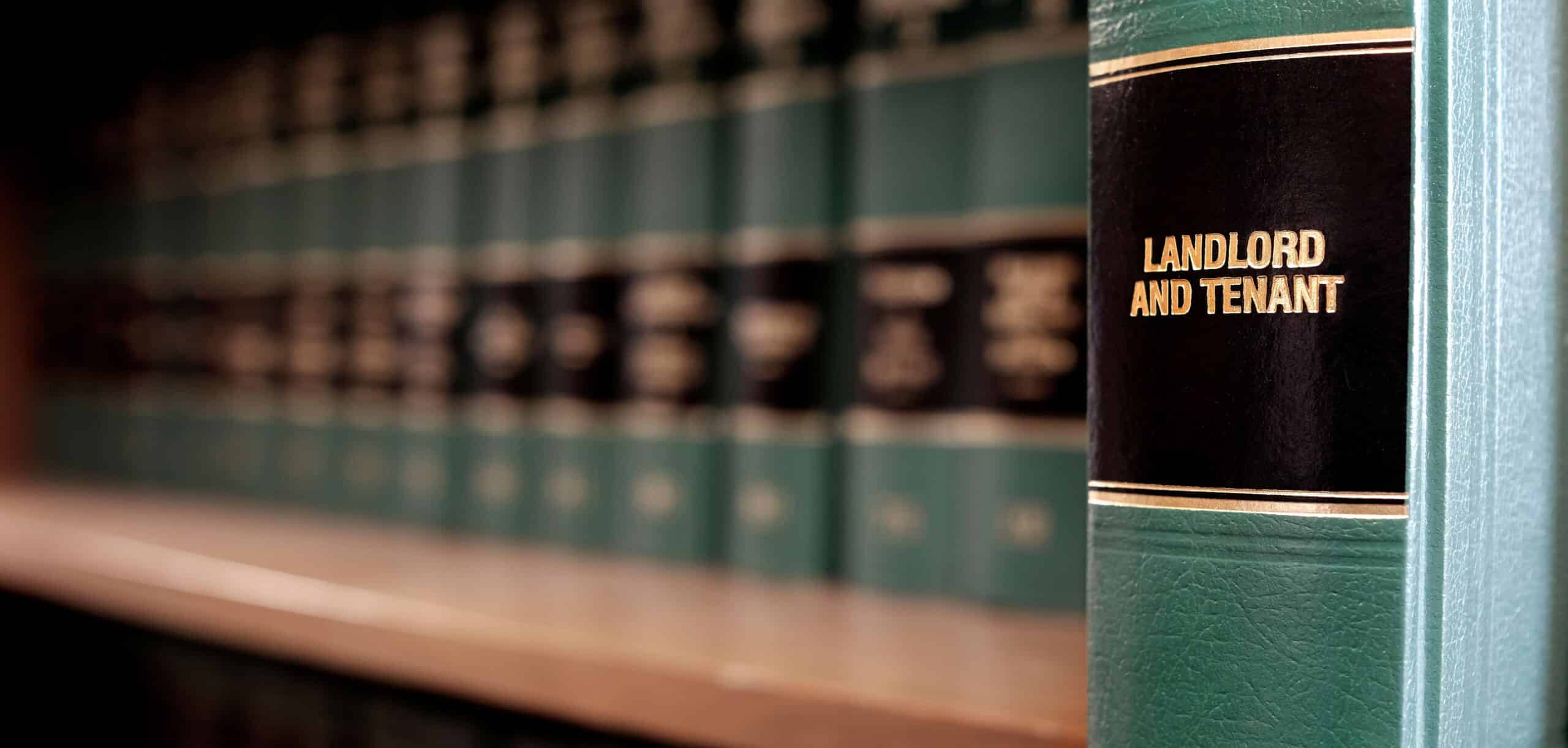In 2025, over 800,000 new businesses were set up in the UK, many from kitchen tables and spare bedrooms.
With over 1/3 of the British public renting accommodation, this can be an issue for landlords.
In this article, we’ll explore:
- Whether or not a tenant can legally register a business from your property
- What it means for you as a landlord
- What you should consider before allowing it
- What to do if you want to stop them.
Can a business be registered at a leased property?
The short answer is yes.
However, there are two important caveats…
1. The property should be primarily residential
The property should be primarily residential, meaning only 40% or less of it should be used commercially.
As many businesses are operated from home offices or a single room, this is rarely a problem.
What is a commercial property?
Commercial property refers to property used primarily for business activities.
Regular property can only be converted to commercial property with approval from local authorities and neighbours. It also carries many implications, including:
- Taxes: Commercial properties typically have higher property taxes than residential ones and may also need to pay business taxes
- Insurance: Commerical insurance policies are often needed to cover various risks, including liability, property damage, and business interruption
- Building codes: Commercial property often requires stricter compliance with local building codes
- Safety regulations: This includes fire safety regulations and health standards – again, stricter in commercial than residential property
- Accessibility: Commercial property should be more accessible than residential property. This covers entrances, stairs, bathrooms, and other facilities
And more.
2. Tenants need written permission from their landlord
If you, as a landlord, don’t want to grant this, you have the right to include clauses in the tenancy agreement
- Prevent your tenant from running a business from the property
- Restrict the type of business they can operate
However, the law protects tenants from unfair restrictions on their use of the property. So, any clauses deemed unreasonable or inequitable may be unenforceable.
Can landlords stop a tenant from registering a business from a property?
As a landlord, you may be concerned about the potential impact of a tenant running a business from your property.
However, in most cases, you cannot stop your tenant from registering a business from your property.
Under the law, tenants can use their rented accommodation for any legal purpose, including running a business.
This applies as long as their business doesn’t violate any laws, regulations or lease terms.
Enterprise and Employment Act 2015
The Enterprise and Employment Act 2015 (SBEE 2015) was an important point in adding clarification on tenants’ rights around starting a business in a property.
It introduced the concept of a home business tenancy, which effectively meant that tenants’ non-intrusive businesses could not be prohibited by landlords.
Before this act, tenants were allowed to automatically renew leases if they had a business tenancy, which discouraged landlords from renting to them.
Renters Rights Act 2025
The Renters Rights Act passed in late 2025 did not change anything related to tenants’ setting up businesses.
However, it did have wider implications that could be indirectly linked to these situations.
For example, it no longer allows Section 21 (‘no fault’) evictions.
Previously, landlords unhappy with tenants setting up businesses could have used a Section 21 eviction to remove the tenant. But now, they would have to then sell the property or at least not re-let for a year.
Reasons for refusing a tenant to register a business
You can only refuse if you can demonstrate one of the below reasons.
(In these cases, it’s worth noting how much notice a landlord needs to give a tenant.)
1. Mortgage limitations
Some buy-to-let mortgages are residential only. A tenant cannot ask you to change your mortgage to permit a business to run from the premises.
2. Wear and tear
You can demonstrate that running the business would lead to excessive wear and tear on the property.
For most companies, this won’t be the case. But you may have grounds if your tenant runs a hairdressing salon from the living room, for example.
3. Disruption
If the business is a nuisance to neighbouring properties, This might be due to excessive noise, footfall, or parking difficulties.
What happens once the tenant moves out?
When a tenant moves out of your property, it’s essential to consider what will happen if they’ve registered a business from your property.
Here are a few things to keep in mind:
1. Review the property condition
If the tenant has used your property for business purposes, it may be in less-than-ideal condition when they move out.
If the property has been damaged, you can use the tenant’s deposit to cover the cost of repairs.
2. Deregister the property
If the tenant has registered their business at your property, you may need to take steps to deregister the property.
They will likely do this themselves, but you can always contact HMRC to expedite the process.
3. Consider the impact on future tenants
If the tenant has registered a business from your property, it’s essential to consider how this may impact future tenants.
For example, if the property’s spare bedroom has been used as a pottery workshop, electrical work may need to be done before it can be rented out again.
Things to consider when letting a tenant register a business from your property
If you’re considering allowing your tenant to register a business from your property, there are a few things you should consider beforehand:
1. Get the appropriate permissions
Depending on the type of business your tenant wants to register, they may need permission from the local council or other regulatory bodies.
Ensure your tenant knows any permissions they need to obtain before starting their business.
2. Consider the impact on other tenants or neighbours
If your property is a multi-unit building, it’s essential to consider the business’s impact on other tenants or neighbours.
Will it cause any disruptions or noise? Will there be an increase in traffic or parking in the area?
3. Get insurance
It’s essential to ensure your insurance covers any potential damage or liability caused by the business.
Your tenant should also have business insurance to cover potential risks.
4. Additional wear and tear
Running a business from the property may result in additional wear and tear, which could lead to extra maintenance and repair costs.
Consider this when setting the rent, and be clear about any expectations for maintenance and repair in the tenancy agreement.
Consider these factors to make an informed decision about allowing your tenant to register a business from your property.
It’s essential to communicate clearly with your tenant and ensure that you’re both on the same page about what’s allowed and expected.
Sell your property with We Buy Any Home
We Buy Any Home are chain-free cash house buyers who can purchase your property up-front and quickly, without hassle or stress.
If you want to sell a tenanted property, you are in the right place.
Using our own funds, we will purchase your property at a set price, by a date of your choosing, and fully manage it from beginning to end.
Fill in our enquiry form below if you want a cash offer for your house.
